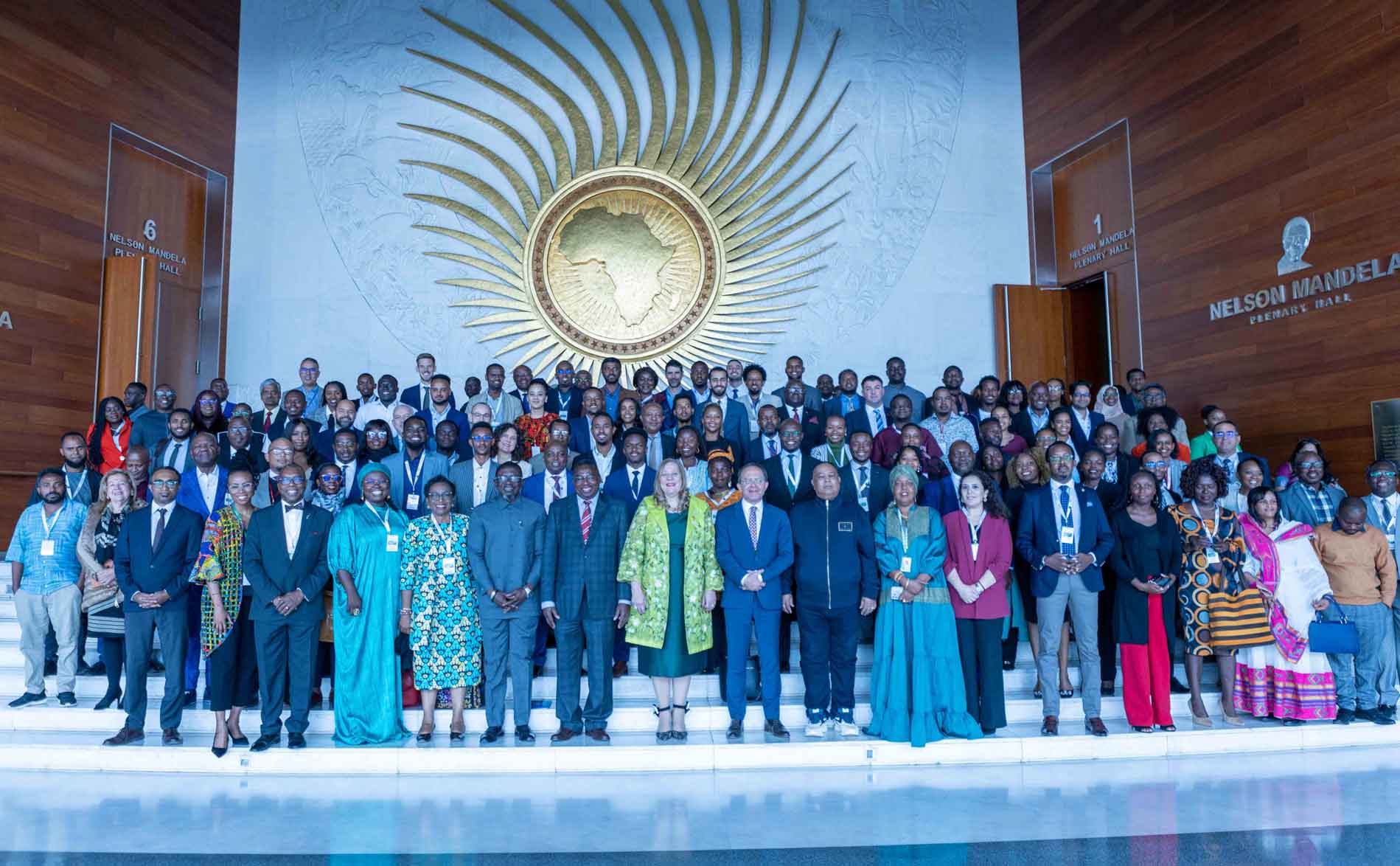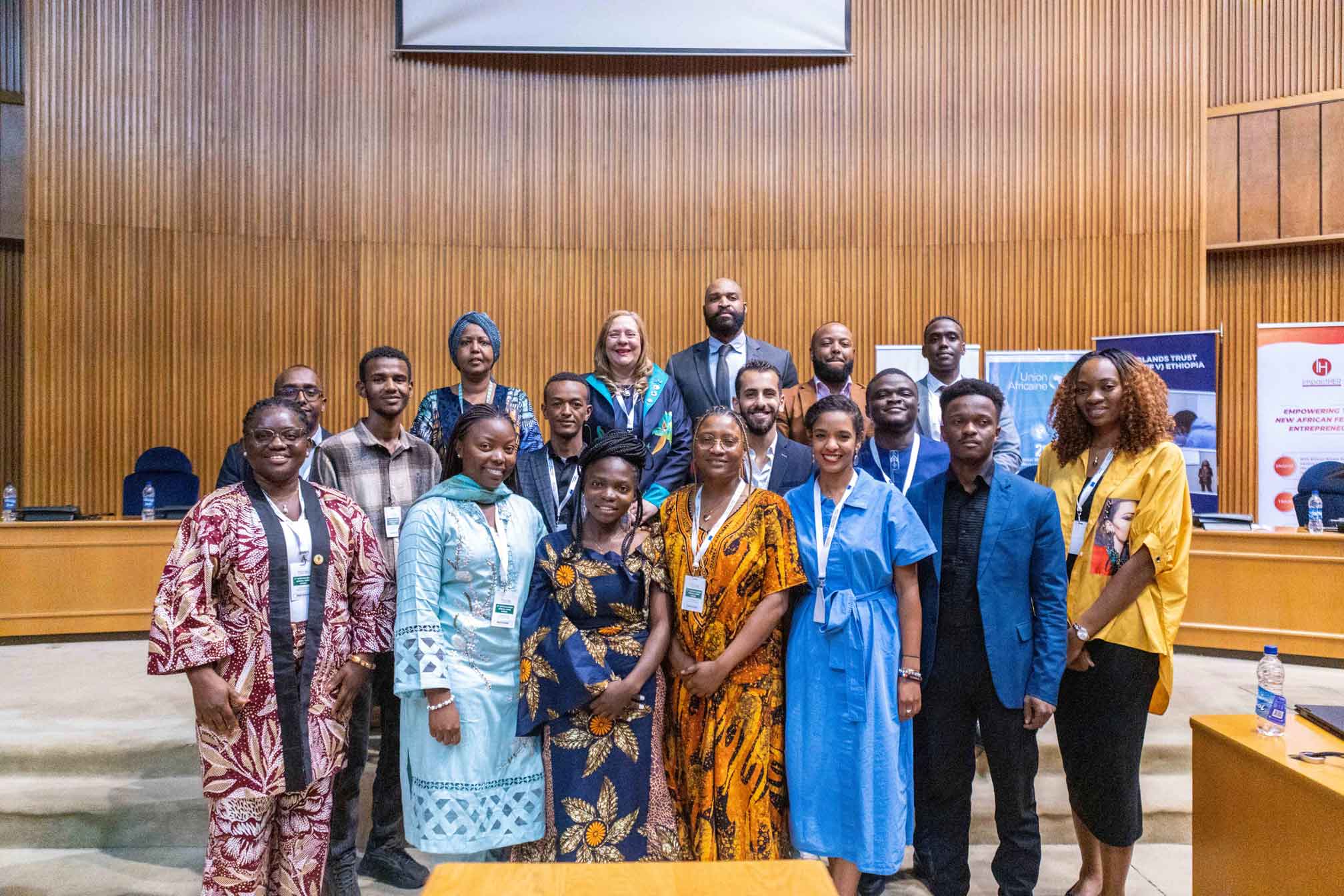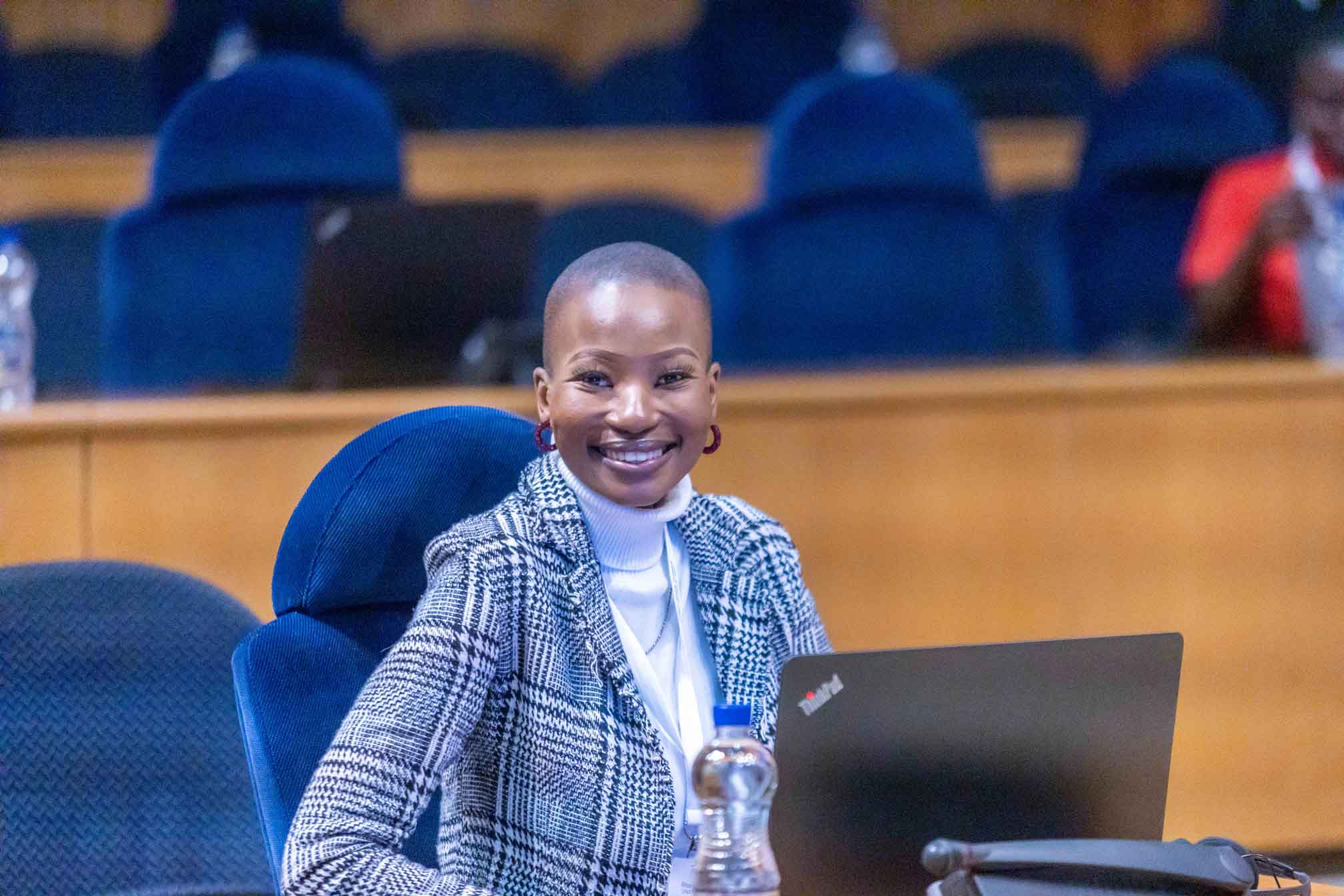



The story started
The establishment of the Africa Micro, Small and Medium Enterprises Annual Forum is in line with the African Union Small and Medium Enterprises Strategy.
This was adopted, in January 2019, by the Second Specialized Technical Committee on Trade, Industry and Minerals and endorsed by the 32nd Ordinary Session of the Assembly of Heads of State and Government of the African Union in February 2019, as a continental framework on the development of these important segments of enterprise development across Africa.
Recognizing the vital role that MSMEs play in driving economic growth, job creation, and poverty reduction, the forum serves as a platform for stakeholders to collaborate, share insights, and develop strategies to support the growth and development of MSMEs.
Since its inception, the forum has brought together over 1,000 industry leaders, policymakers, and small businesses to foster innovation, enhance capacity, and promote sustainable development.
Access to finance is a key constraint to MSME growth. It is the second most cited obstacle facing MSMEs to grow their businesses in emerging markets and other developing countries.
Amb. albert muchanga
The Forum has prioritized key sectors such as agriculture, Manufacturing, Information and Communications Technology (ICT), Mineral Sector, and Creative Industries.
These sectors align with the African Union's key strategies, including the SME Strategy, Fashion Industry Development Strategy and the Commodity Strategy. It also supports Agenda 2063's vision for sustainable development by empowering African small businesses to drive economic growth, foster innovation, and contribute to long-term job creation across the continent.
By concentrating our efforts on these priority sectors, we aim to maximize the impact of our initiatives and support the sustainable growth of MSMEs.
With Africa’s vast mineral resources, we’re striving for an industrialized continent. Here, electric vehicles, smartphones, and cutting-edge technologies will be more accessible and sustainably produced.
Moreover, exploration and processing will occur within Africa itself.This future we’re building relies heavily on small businesses (MSMEs).
These innovative companies play a crucial role in the sector.
By participating in the MSME Forum, you’ll gain valuable opportunities. For instance, you’ll access a unique platform that connects mineral exploration experts, artisanal miners, and other key industry players.
Furthermore, you’ll explore new prospects, share best practices, and collaborate on groundbreaking projects. Ultimately, these efforts will shape our planet’s future.
Industrialization offers great potential for Africa’s economic growth and improved livelihoods.
Key sectors include:
By focusing on these areas, Africa can create sustainable opportunities and reduce imports.
Manufacturing in Africa brings several benefits:
The African Union MSME Strategy is a comprehensive framework designed to accelerate the growth and development of MSMEs across the continent. Adopted during the 34th Ordinary Session of the Executive Council, the strategy aims to integrate MSMEs into regional and global value chains, promote intra-African trade, and foster competitive, diversified, and sustainable economies.
The strategy is built on eight pillars, each addressing a critical aspect of MSME development, including access to finance, capacity building, market access, and innovation.
Create enabling business environment and ensure energy access and infrastructure
Facilitate innovation and technology, and promote startups, knowledge-based sectors and growth.
Create enabling business environment and ensure energy access and infrastructure
Facilitate innovation and technology, and promote startups, knowledge-based sectors and growth.
Promote business development services and institutional capacity building
Promote learning practices and knowledge management
Promote business development services and institutional capacity building